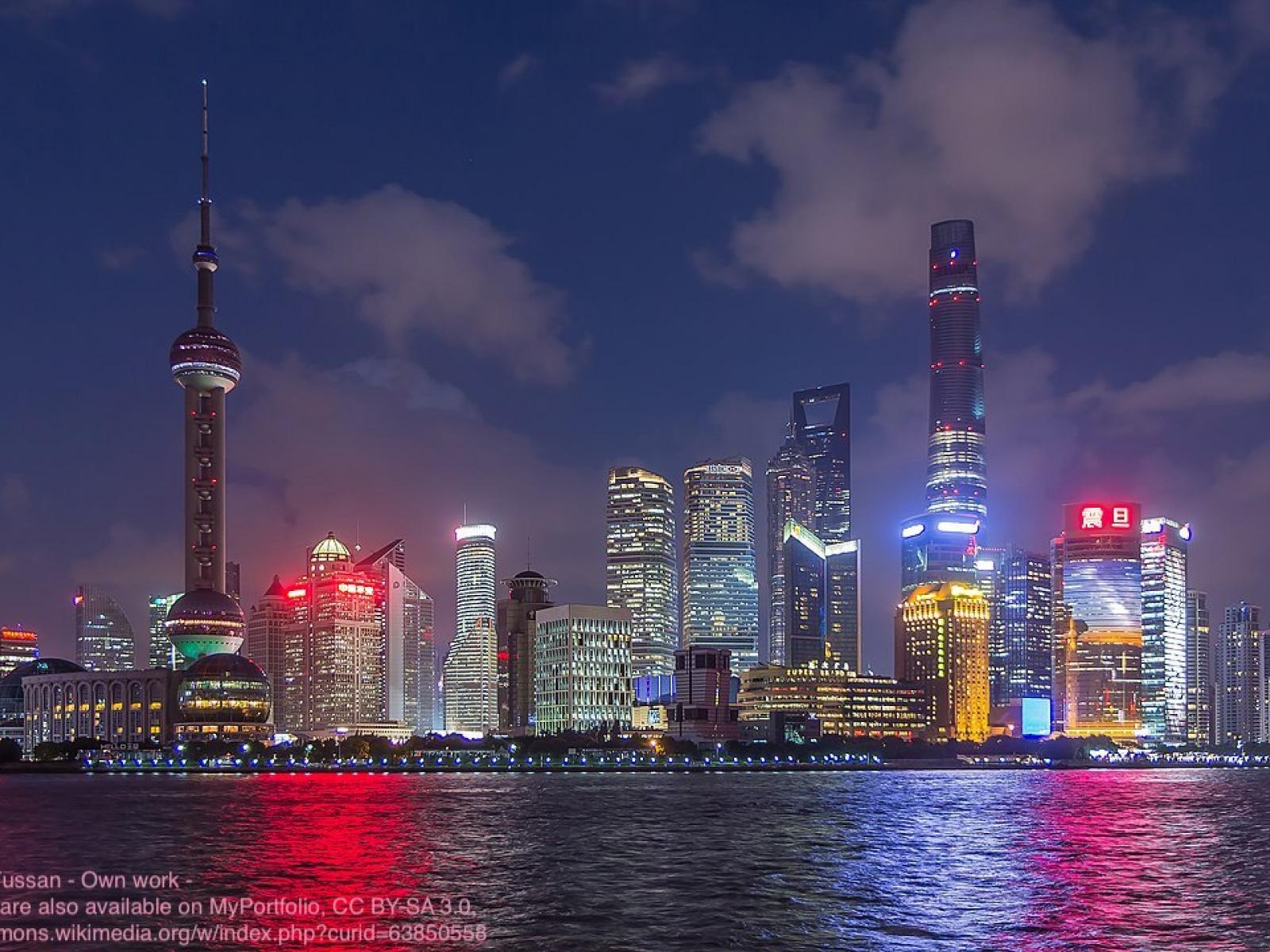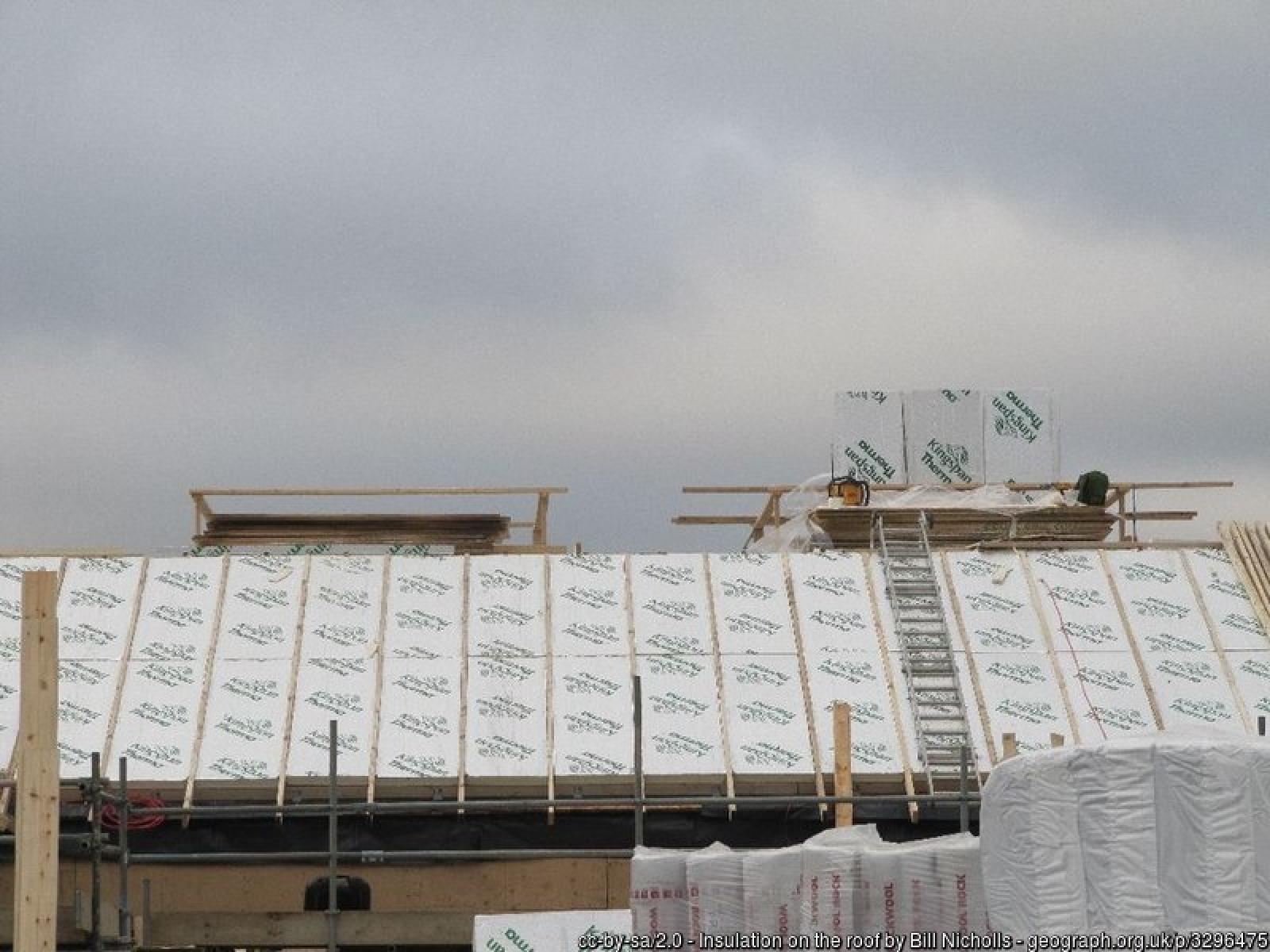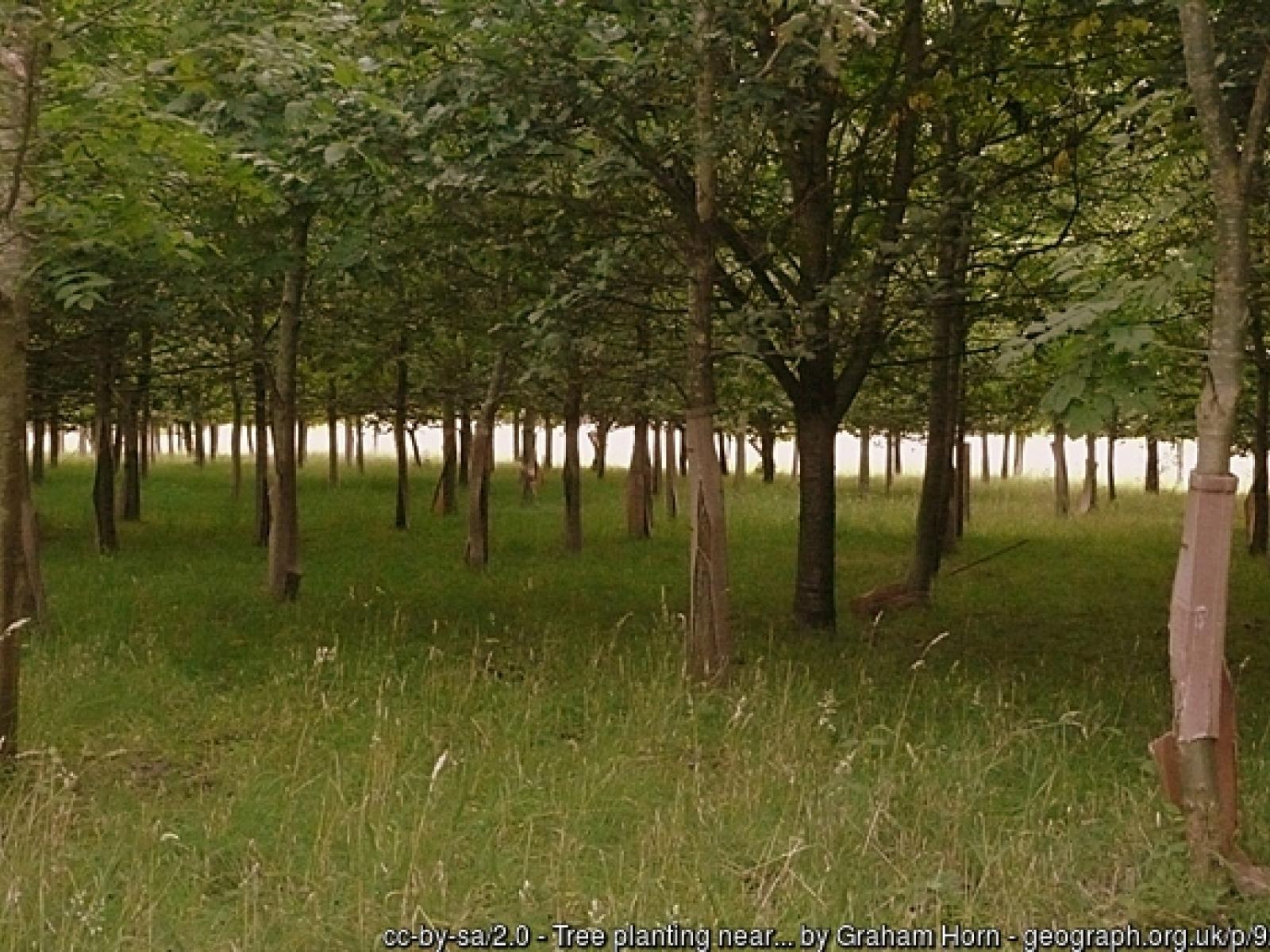
We can't falsify claims about the future until we get there. If those in power justify bad policy on the basis of questionable "pathways", we can't beat them by claiming to know better about the future.
But we do know that the pathways are highly uncertain. And we know that dirigisme is a bad approach to policy where there is a great deal of uncertainty and complexity. We don't need a better crystal ball to counter the bad policy. We just need to show that the uncertainty is such that we should rely on emergent order and discovery, rather than human-imposed order and central planning.
Net Zero is an extreme case of bad policy based on uncertain expectations; some of them so uncertain that they haven't even been invented yet. We should not be planning a path to a particular outcome (Net Zero 2050). We should be internalising the externality (i.e. polluter pays) so that the climate impact is factored into our choices, and seeing what emerges as a result.






